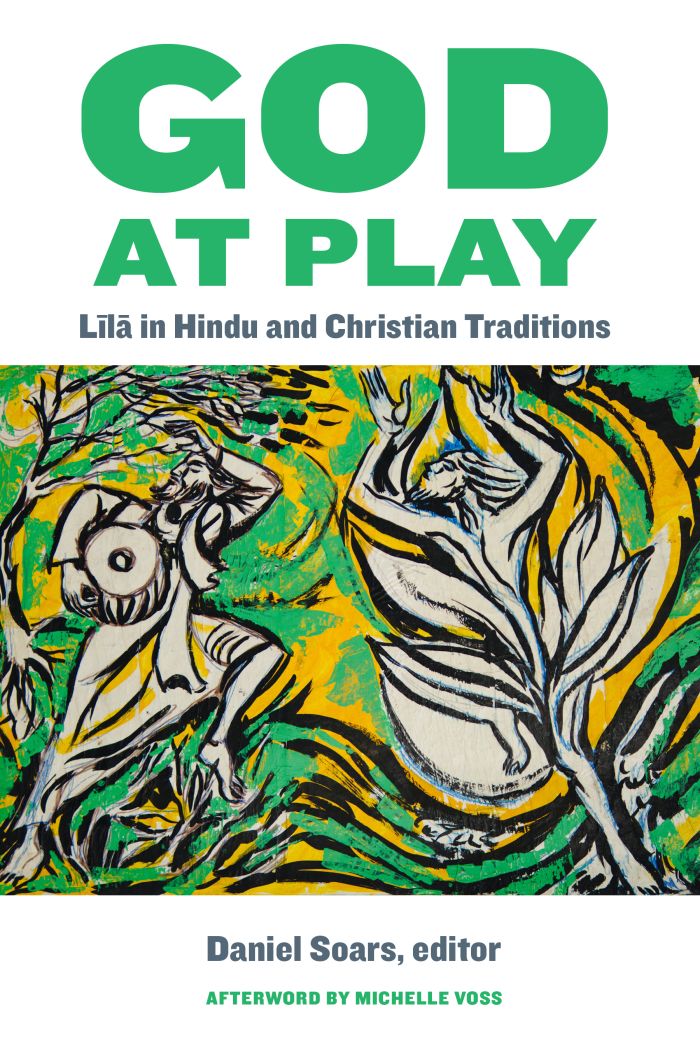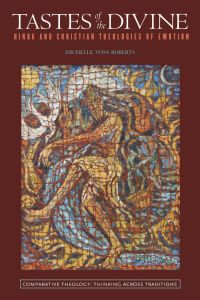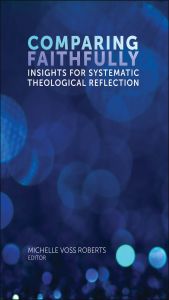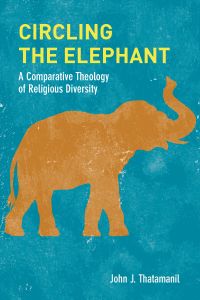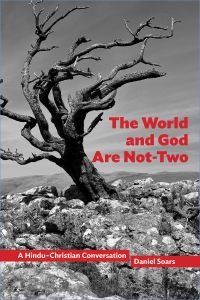God at Play
Līlā in Hindu and Christian Traditions

This book can be opened with

The first comparative treatment of the topic of līlā in Hindu and Christian traditions, this volume explores what it means to consider divine and human action under the categories of play, wit, drama, grace, and compassion
God at Play presents a theological exploration of the multifaceted motif of līlā across diverse Hindu and Christian landscapes and its wide-ranging connections to divine and human creativity. Given its ubiquity in Hindu theologies and life-forms, līlā offers a rich comparative framework for exploring certain ways of understanding divine and human action as expressed in Hindu and Christian sacred texts, philosophical theology, and ritual practices.
Though līlā is often interpreted simply as “play,” the essays in this volume reflect a far richer semantic and conceptual field, ranging from spontaneity and gratuitousness, through joy and humor, to mercy and compassion. By focusing on the different contexts in which līlā is found in Hindu traditions and resisting any uniform translation of the term, the contributors to this volume avoid the risk of using predominantly western or Christian categories to understand the Hindu other. The volume thus explores how līlā functions in a variety of distinctive philosophical, theological, and devotional ways across Hindu traditions, and listens for echoes in Christian understandings of the gratuitousness of the created order in relation to God.
God at Play is a genuine experiment in deep learning across traditions. Each chapter reflects on what is learned by taking līlā as the category of comparison and invites the reader to think about what these conversations add, confirm, or change in relation to earlier twentieth-century scholarship on play—not least, in terms of what difference it might make to understand human life as an imitation and a participation in the divine life of a playful deity.
This is a crucial work for those interested in plumbing the depths of creative activity, both human and divine, in the multifaceted traditions of Christianity and Hinduism. The scholarship here is wide-ranging and insightful, and it will ensure that līlā in Hindu theology can no longer be translated simply as "play" without further qualification. Daniel Soars is to be commended for conveying so important a contribution for a closer understanding of two world faiths.—Julius Lipner, Professor Emeritus of Hinduism and the Comparative Study of Religion, University of Cambridge, and Emeritus Fellow of the British Academy.
The new millennium has witnessed the maturing of Hindu-Christian studies in depth and breadth. Gone are the days when one felt compelled to add necessary primers to every part of the endeavor, assuming the reader’s naïveté or incredulity at every turn of what might seem an idiosyncratic pairing. In this collection, Daniel Soars skillfully assembles distinguished scholars to examine līlā, or divine play, from multiple vantages. God at Play: Līlā in Hindu and Christian Traditions is emblematic of what scholarly Hindu-Christian studies can be: constructive, erudite, serious, revelatory, and, yes, even playful. The volume stands, then, as a milestone in the development of the field in its theological mode, and we are all the richer for it.—Kerry San Chirico, author of Between Hindu and Christian: Khrist Bhaktas, Catholics, and the Negotiation of Devotion in Banaras
Michelle Voss is Professor of Theology at Emmanuel College in the Toronto School of Theology. She is a scholar of comparative theology, with a particular focus on Christian and Hindu contexts, and has also written widely about aesthetics, gender, and embodiment. Recent works include Body Parts: A Theological Anthropology (Fortress, 2017) and The Handbook of Hindu-Christian Relations, which she edited with Chad Bauman (Routledge, 2020).
Daniel Soars (Edited By)
Daniel Soars teaches in the Divinity Department at Eton College and is book reviews editor for the Journal of Hindu-Christian Studies. Recent publications include a co-edited volume titled Hindu-Christian Dual Belonging (Routledge, 2022) and a monograph titled The World and God Are Not-Two: A Hindu Christian Conversation (Fordham, 2023).
Introduction: God at Play: Līlā in Hindu and Christian Traditions | 1
Daniel Soars
Part I: Līlā as Divine Will and Divine Creativity
1 Play in East and West | 21
Douglas Hedley
2 Creating without a “Why”: Divine Play as Metaphor
for Creation in John Scottus Eriugena, Thomas Aquinas, and Meister Eckhart | 43
Bernard McGinn
3 God’s Willand the Creative Act:
Origen on Divine Volition and the Intelligibility of the Cosmos | 63
Daniel J. Tolan
Part II: Grace, Compassion, and Suffering: Some Pastoral Connotations of Līlā
4 Creation, Vision, Bliss: Līlā as Grace according to Rāmānuja, with
Reference Also to Thomas Aquinas and Gregory Palamas | 89
Francis X. Clooney, SJ
5 Līlā and Divine Mercy in the Hundred Verses to Compassion of Vedānta Deśika | 109
Sucharita Adluri
6 What Does It Mean for the Goddess to Play?
Līlā (or Its Absence) in the Śākta Traditions | 135
Rachel Fell McDermott
Part III: Some Aesthetic and Dramatic Dimensions of Līlā
7 “You have made me endless, such is thy pleasure”:
The Līlā of Love in the Metaphysical Poetry of Rabindranath Tagore | 153
Ankur Barua
8 The Metaphysics of Emotion: Divine Play in Caitanya Vaiṣṇava Philosophy | 178
Jessica Frazier
9 The Making of the Sacred City: Līlā as God’s Violence in a Tamil Śaiva Talapurāṇam | 197
Srilata Raman
Part IV: Human Playfulness as Imitation of Divine Līlā
10 Looking to the Leader: The Divine Dance in Neoplatonism | 221
Stephen R.L. Clark
11 Serio Ludere! Divine Lessons from Tricksters and Holy Fools | 244
Peter Tyler
12 The Serious Subject of Play: Play in Dance and Music | 264
Dominic White, OP
Afterword: Divine Līlā and Human Play | 289
Michelle Voss
Contributors | 299
Index | 303

